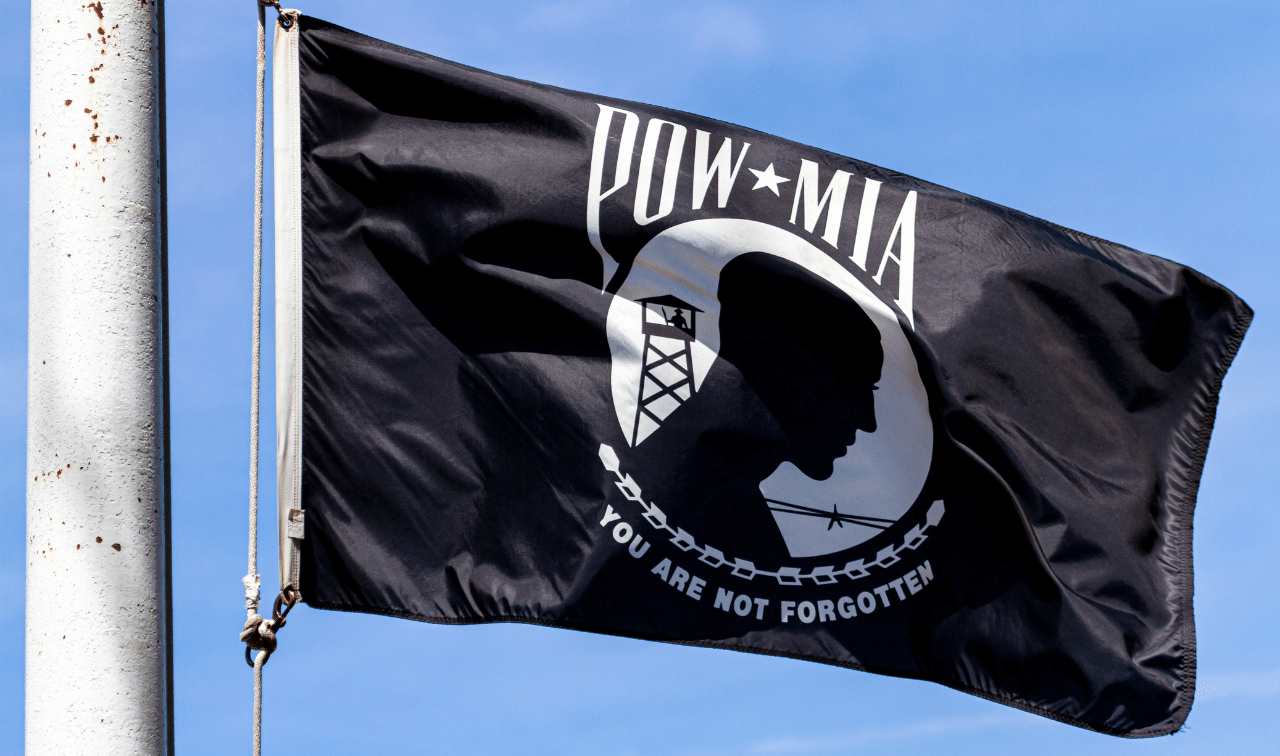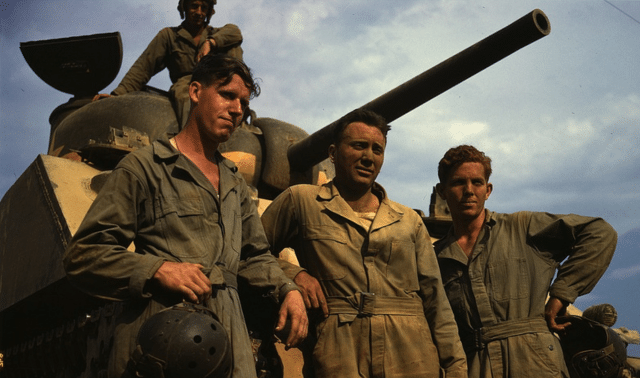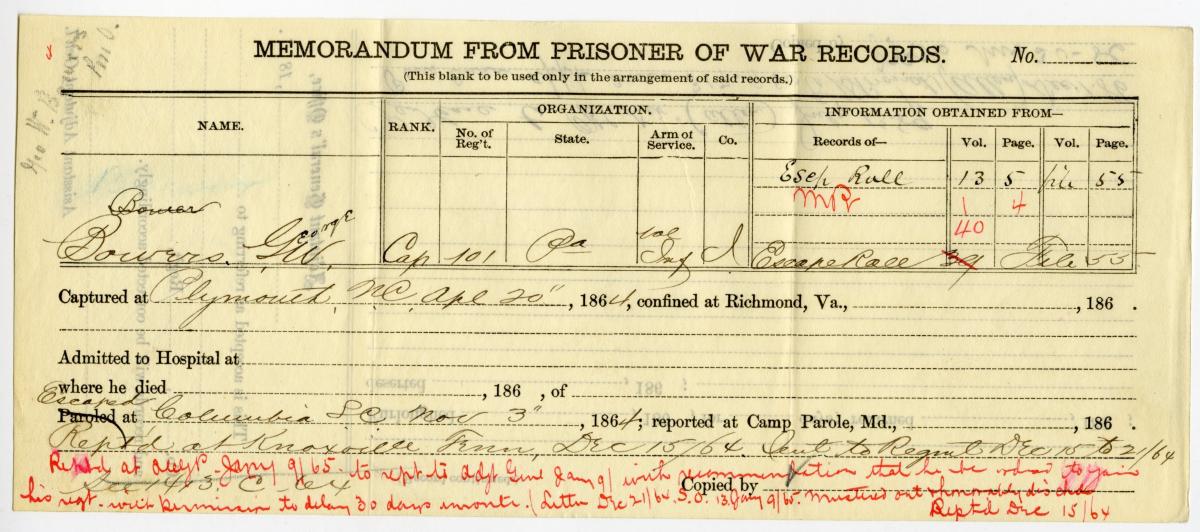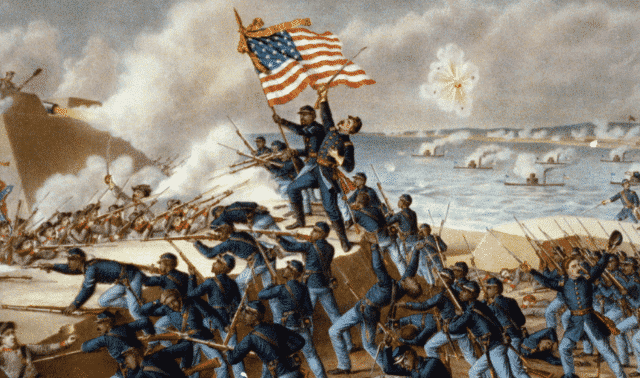Illinois has long led the nation is putting genealogical records online. Most recently, the state archives has added the Civil War Muster and Descriptive Rolls Database to its offerings. (Other searchable databases include public land sales, Black Hawk War and War of 1812 military records, along with marriage records—see www.cyberdriveillinois.com/departments/archives/databases.html.)
You can search the new Civil War database by surname, company, unit or residence. Results contain information such as physical description, rank, place of birth, dates of service, and other pertinent remarks. Once you find your Civil War vet’s company and unit, you can identify everyone else in the same unit. Since men often joined with neighbors, friends, or relatives, this search can suggest other birth places to search for your own family.
If you want to look for all soldiers whose residence is given as a county, township or city, enter the name of the county, township or city in the Residence field. This will return a list of all men who joined from the same hometown. Pretty nifty, huh? But your investigations may uncover less-than-heroic ancestral information, for example, that your forbear was a deserter. Like mine.
Years ago I found a record of Calvin Dimmitt’s desertion from the 65th Illinois Infantry, then after a three-year disappearance, his re-enlistment in a Union regiment in Tennessee. I recently learned he was among thousands of Union troops who surrendered at Antietam and were paroled a day later.
Thanks to my brother’s recent visit to Antietam, we learned about the complex Civil War parole system. In brief, prisoners had to give their word not to take up arms against their captors until they were formally exchanged for an enemy captive of equal rank. Parole generally was granted within a few days after a major battle, or based on the following system:
1 general = 46 privates
1 major general = 40 privates
1 brigadier general = 20 privates
1 colonel = 15 privates
1 lieutenant colonel = 10 privates
1 major = 8 privates
1 captain = 6 privates
1 lieutenant = 4 privates
1 noncommissioned officer = 2 privates
In the case of Dimmitt, paroled prisoners were sent to Camp Douglas in Chicago, where conditions were so abysmal that many men deserted, Dimmitt among them. But, that’s a story for another column!
Other online Civil War databases include:
• Civil War Soldiers and Sailors System
www.itd.nps.gov/cwss
• Alabama Civil War Service Database
www.archives.state.al.us/civilwar/index.cfm
• American Civil War Research Database (fee-based)
www.civilwardata.com
• Texas Confederate Pension Records
www.tsl.state.tx.us/arc/pensions/index.html
• Parole of Civil War Prisoners
www.civilwarhome.com/parole.htm





